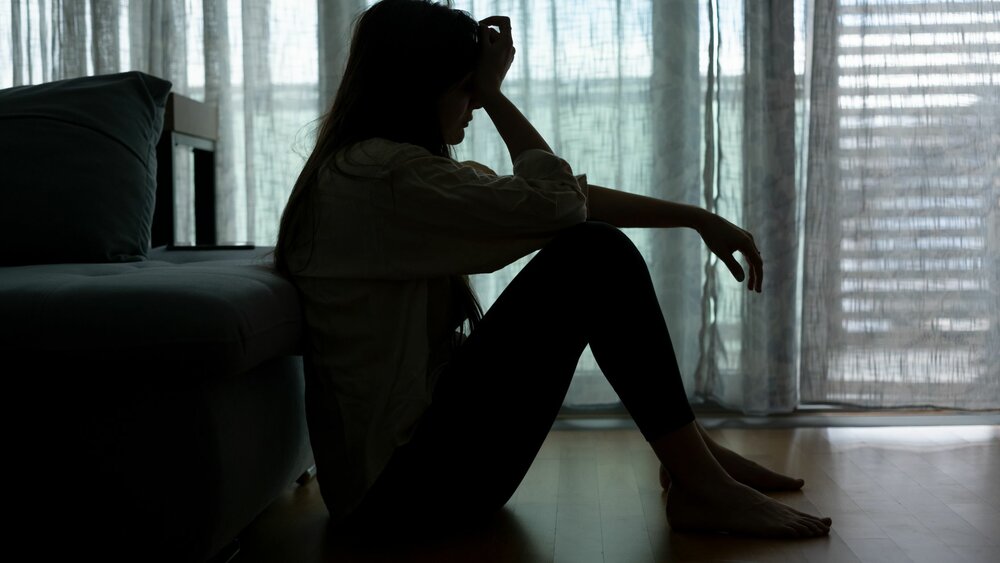
When Does Grief Become Depression?
Grief and depression are complex emotional states that can share similarities in their symptoms, making it challenging to differentiate between them.
Grief is a natural response to loss, while depression is a mental health condition. It's crucial to understand- when grief becomes depression. and seek appropriate support.
When Does Grief Become Depression?
Here, Tindall Funeral Home looks at the distinctions between grief and depression and when it might be time to seek professional help. While grief and depression can share some common symptoms, there are key differences that can help you distinguish between the two:
- Triggers- Grief is typically triggered by a specific loss or event, such as the death of a loved one or a significant life change. Depression can occur without an apparent cause and may be unrelated to a specific event.
- Duration- Grief tends to diminish over time, with periods of intense emotions gradually becoming less frequent and severe. Depression persists for weeks, months, or even years without significant improvement if left untreated.
- Functioning - Grief may temporarily affect your ability to perform in daily life, but it usually doesn't result in a complete inability to carry out essential tasks. Depression often leads to significant impairments in daily functioning, such as difficulty maintaining relationships, work, or self-care.
- Self-Esteem - Grief can negatively impact self-esteem, but it typically doesn't result in the severe self-criticism and feelings of worthlessness associated with depression.
- Suicidal Thoughts - While grief and depression can lead to thoughts of death or suicide, these thoughts are more common and persistent in individuals with depression.
When To Seek Professional Help
If you or someone you know is experiencing the following signs, it's advisable to seek professional help:
- If grief-related symptoms persist for an extended period, such as several months, and show no signs of improvement
- When grief begins to significantly impair your ability to maintain relationships, work, or engage in daily activities
- If you increasingly isolate yourself from friends and family or have difficulty finding joy in activities you once enjoyed
- The emergence of physical symptoms such as changes in appetite, sleep disturbances, or unexplained aches and pains.
- Any thoughts or ideation of self-harm or suicide should be taken seriously and addressed immediately with a mental health professional or a crisis hotline.
Seeking Help
If you suspect grief has evolved into depression, seeking professional help is crucial. Mental health professionals, such as therapists, counselors, or psychiatrists, can provide an accurate diagnosis and offer appropriate treatment options, including therapy, medication, or a combination of both.
Our funeral director can help you with additional information regarding When Does Grief Become Depression and our services. Contact us at Tindall Funeral Home or call (315) 468-5521.


Comments